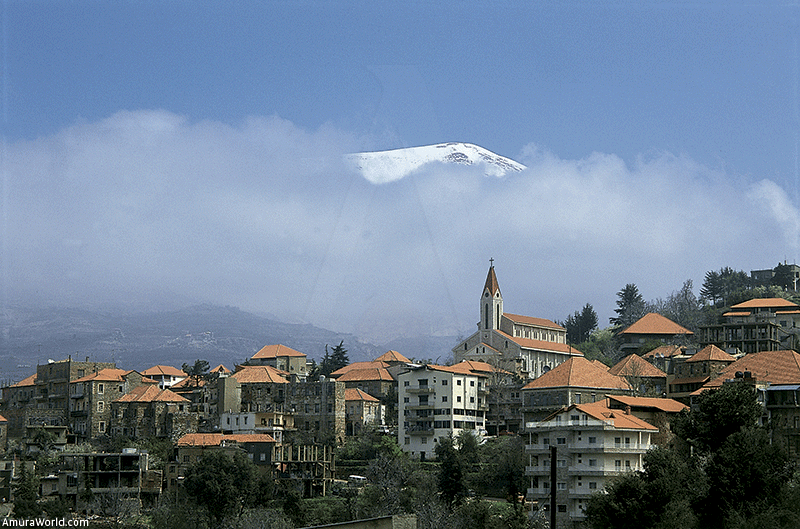On board
• Tourist visitors require a visa to enter Lebanese territory, which must be obtained from an embassy or consulate by filling out an application form and providing a passport-size photograph, as well as their valid passports. Visas can be obtained for one, two or several entries at different costs. Visitors with Israeli stamps in their passports will be denied a Lebanese visa.
• With 140 miles (225 Km.) of Mediterranean coastline, the Lebanese coast can be navigated from north to south; however, due to the incidents in Israel, the United Nations’ Multi-national Maritime Force is present in the region to monitor maritime movements of that country. All vessels approaching this area will be boarded and inspected by the Maritime Force and only those with prior authorization from the Lebanese authorities may enter or leave using the established sea corridors.
• Close to the different ports in the Lebanon, there are many interesting archeological sites including the Hippodrome and the Necropolis, which open daily. There are also seafood restaurants, as well as fast food and pubs in these areas.
• The Lebanese coast is full of many private beach resorts, as well as diving clubs that offer facilities and the rental of diving and snorkeling equipment, as well as endless water sports, such as water-skiing, windsurfing and sailing. Nitrox equipment is also available for diving in deeper waters.
Treasures
• The Lebanon provides all kinds of adventure not only to seekers of intense excitement. In a nostalgic landscape, leisurely walks along the beautiful mountain trails, through villages with red roofed houses and cedar trees of more than a thousand years old will certainly provide a quiet alternative to the many cosmopolitan delights of Beirut. Historical and cultural landscapes are also close at hand. Visitors can travel to many archeological and religious sites and spend the next day learning about organic agricultural with lunch included on the farm.
• Take a leisurely walk through the Central District of Beirut (Solidère) and gaze in awe at the beautifully restored building laden with their Arabic decoration of yellow and pastel-colored stonework with elegant arches and ironwork. On the way, discover ancient ruins of Roman baths, markets, and recently-discovered buildings. Afterwards, enjoy a strong Lebanese-style coffee, accompanied by delicious candies in one of the many Parisian-style cafes in Beirut.
• A huge valley nesting between the two mountain ranges of the Lebanon, the Békaa Valley has been known as the “bread basket of the Lebanon." The valley is like a checker board with fields of small villages – a testament to the agricultural heritage of the region. Here you will find a center of Lebanese gastronomy, with several places that produce world-renowned Lebanese wines and a string of restaurants offering delicious Lebanese cuisine.
• With a rich variety of terrain, adventure lovers certainly find outdoors sports in the sun. In the summer, many beach and mountain resorts offer favorite activities such as swimming, skiing, tennis, golf, and parasailing. Diving and snorkeling are also very popular. You can also explore Roman and Phoenician ruins on the coasts of Sidon, Byblos or Tyro, or the wreck of a submarine from the Second World War in Khaldé, to the south of Beirut.
Text: AMURA ± Photo: Patrick Monney.


